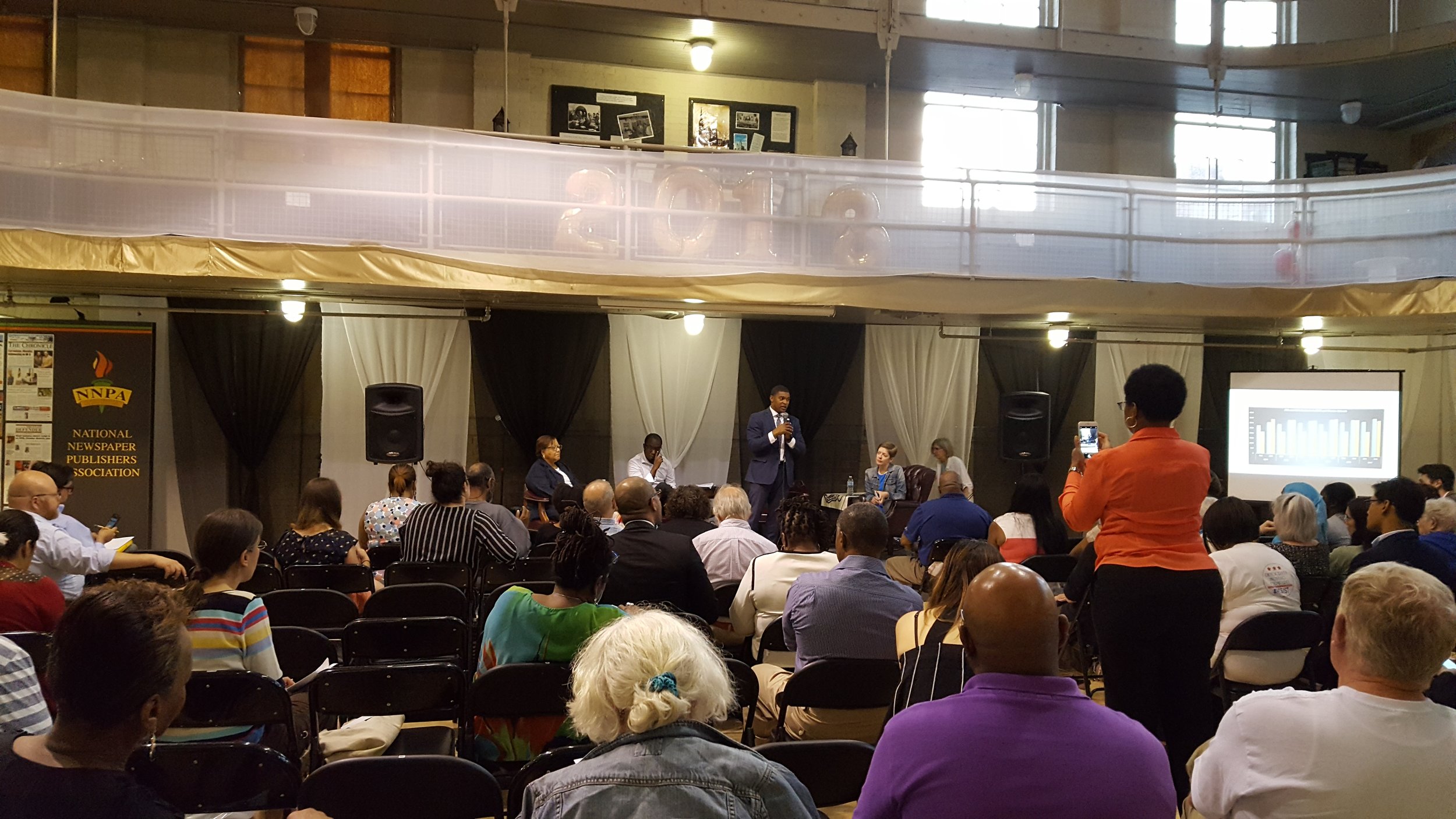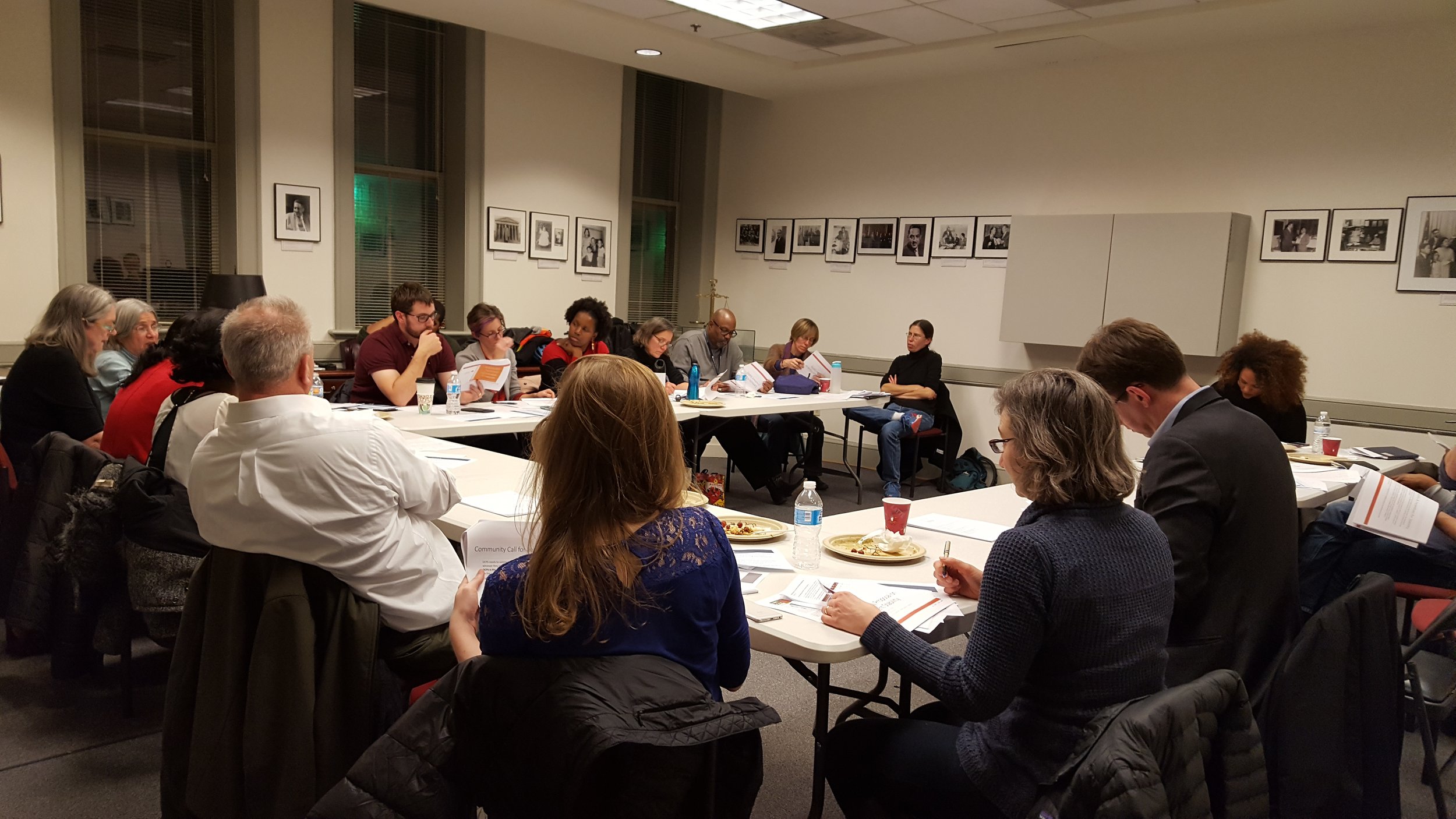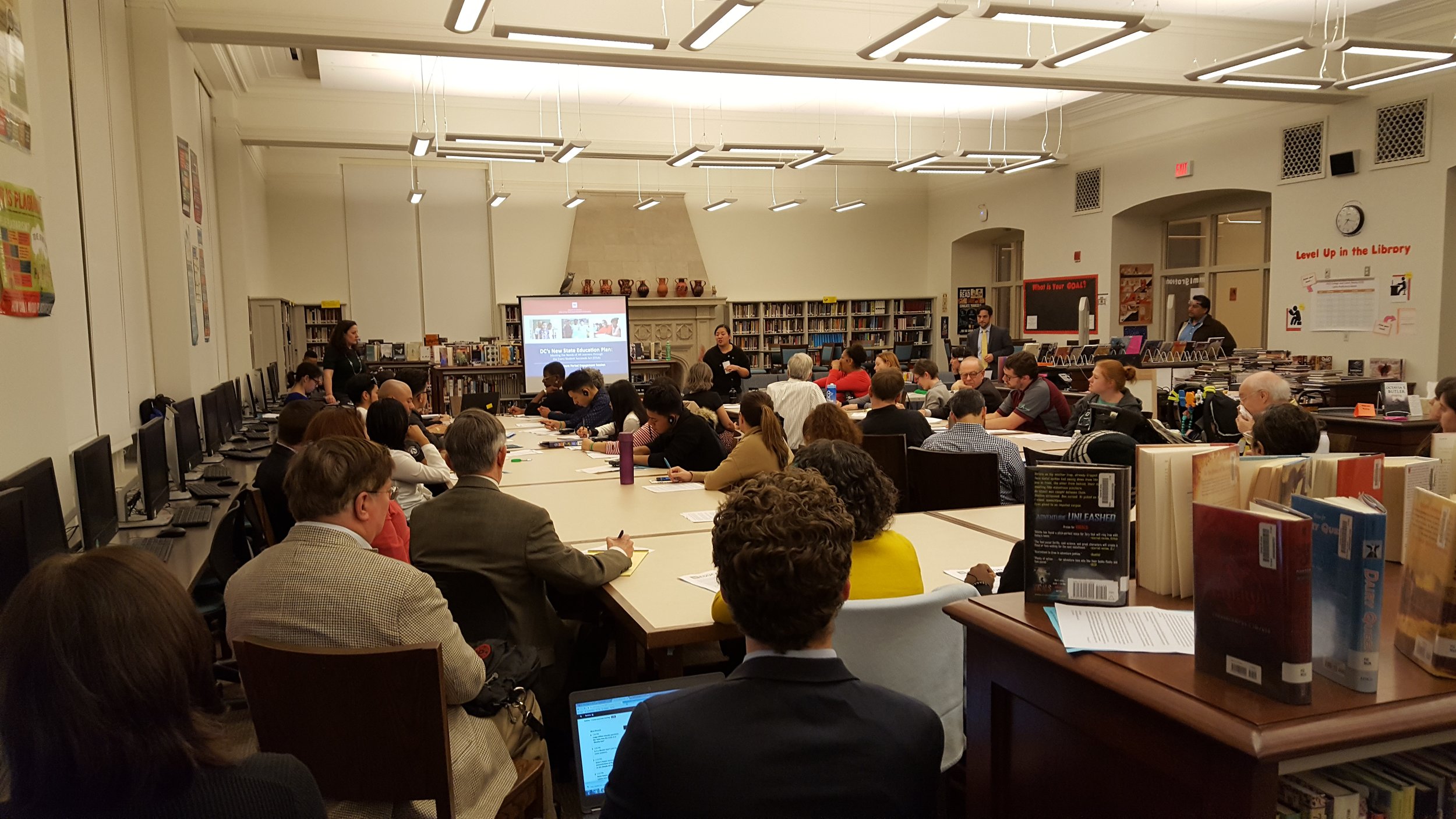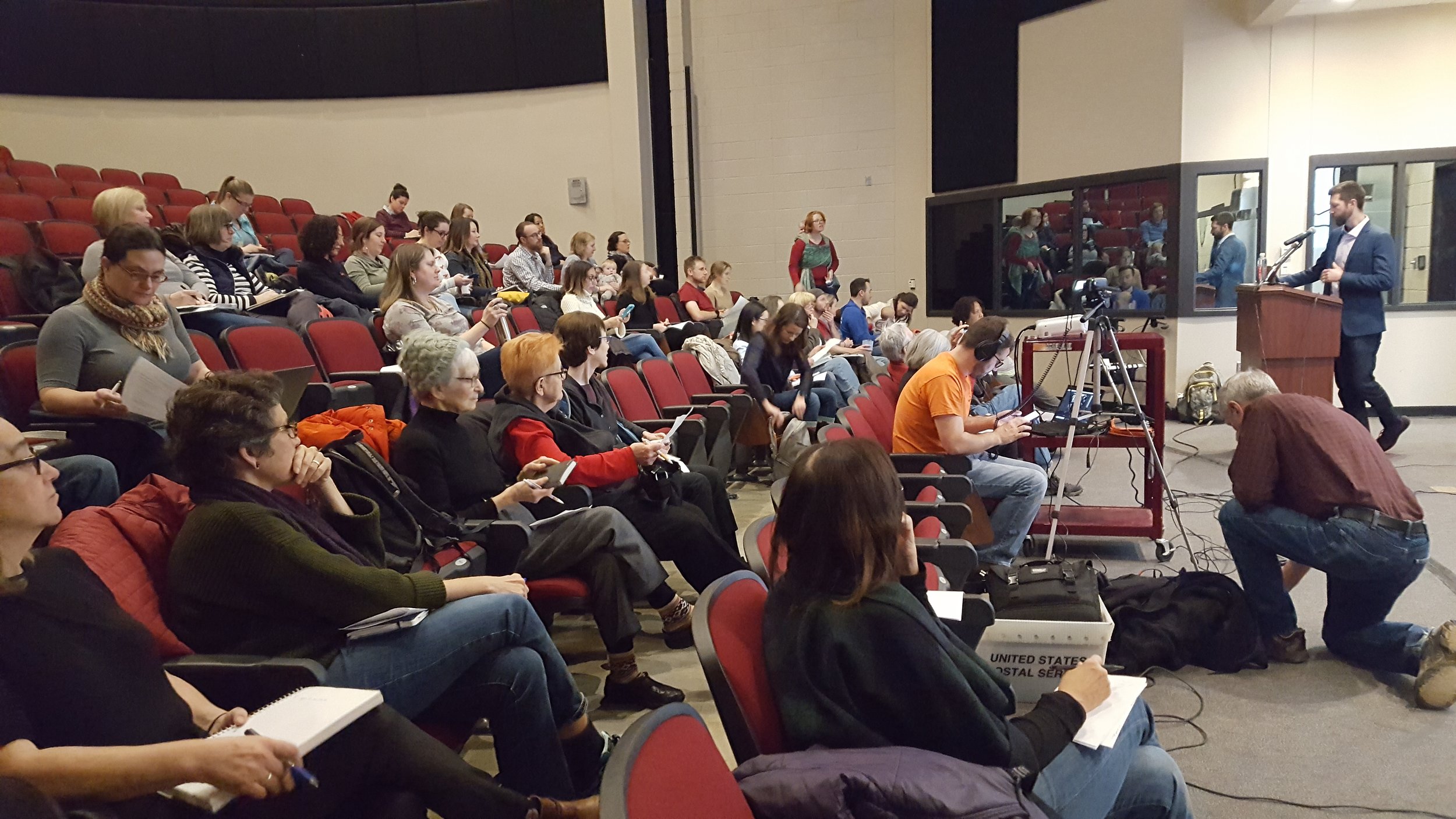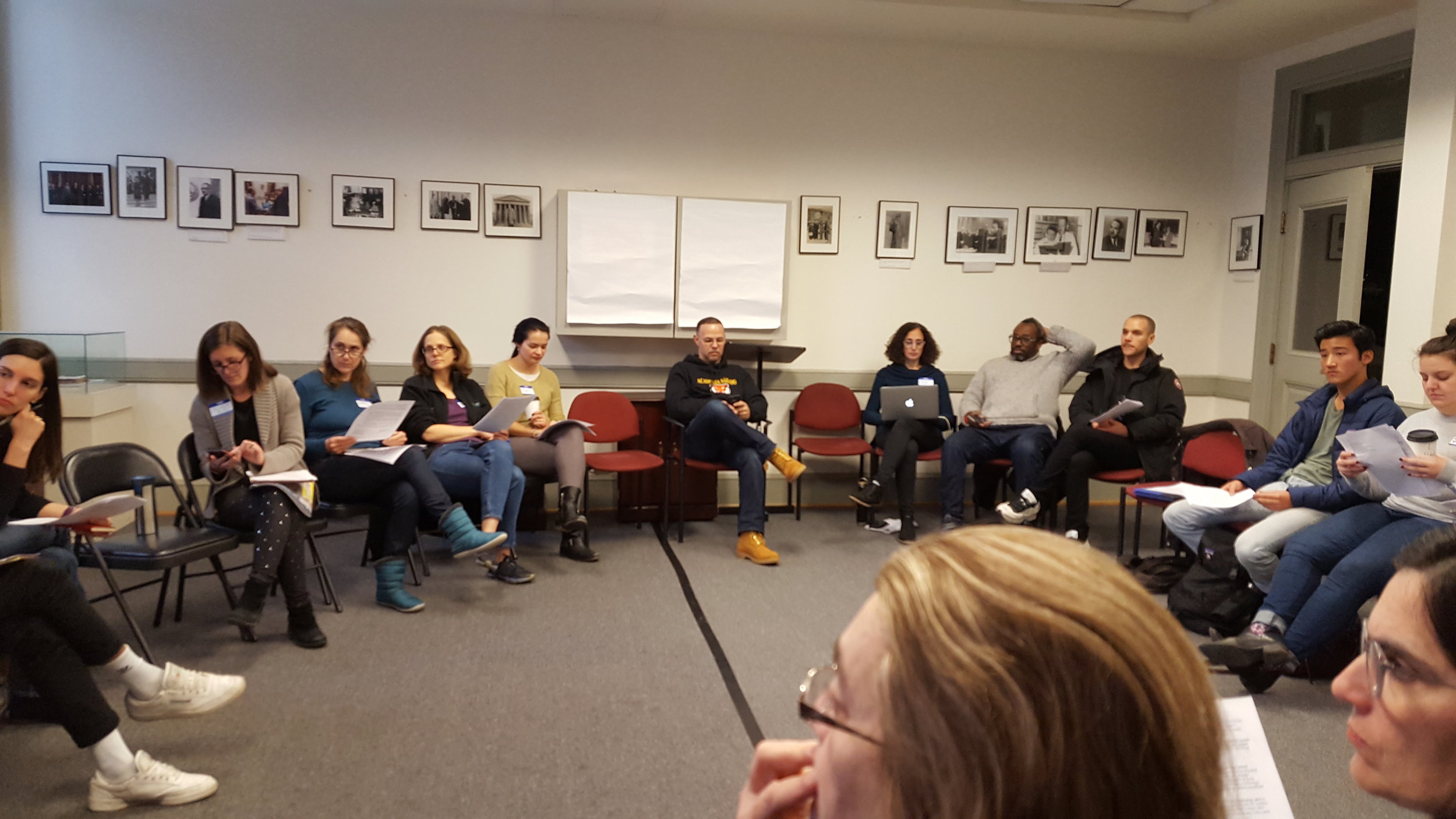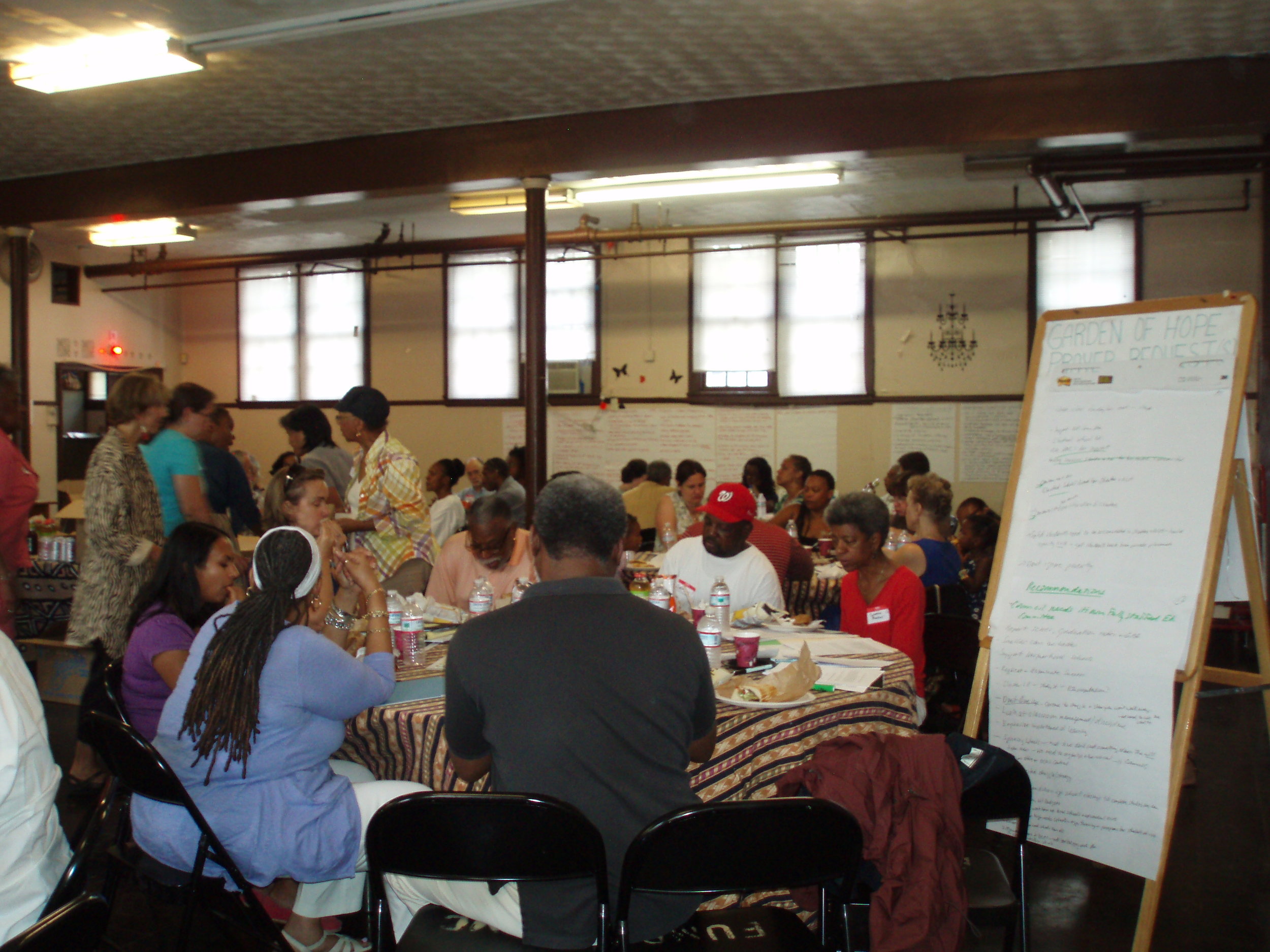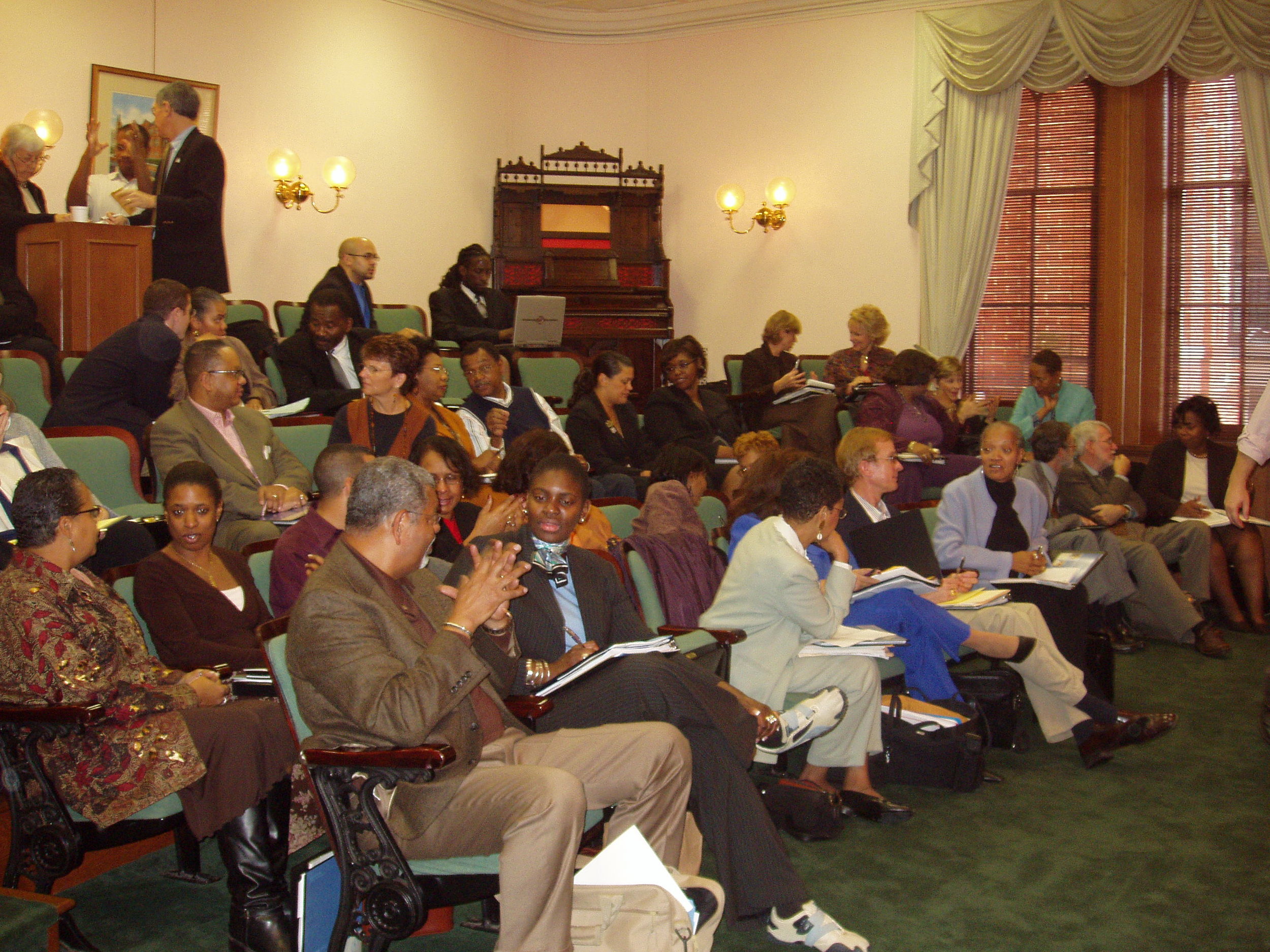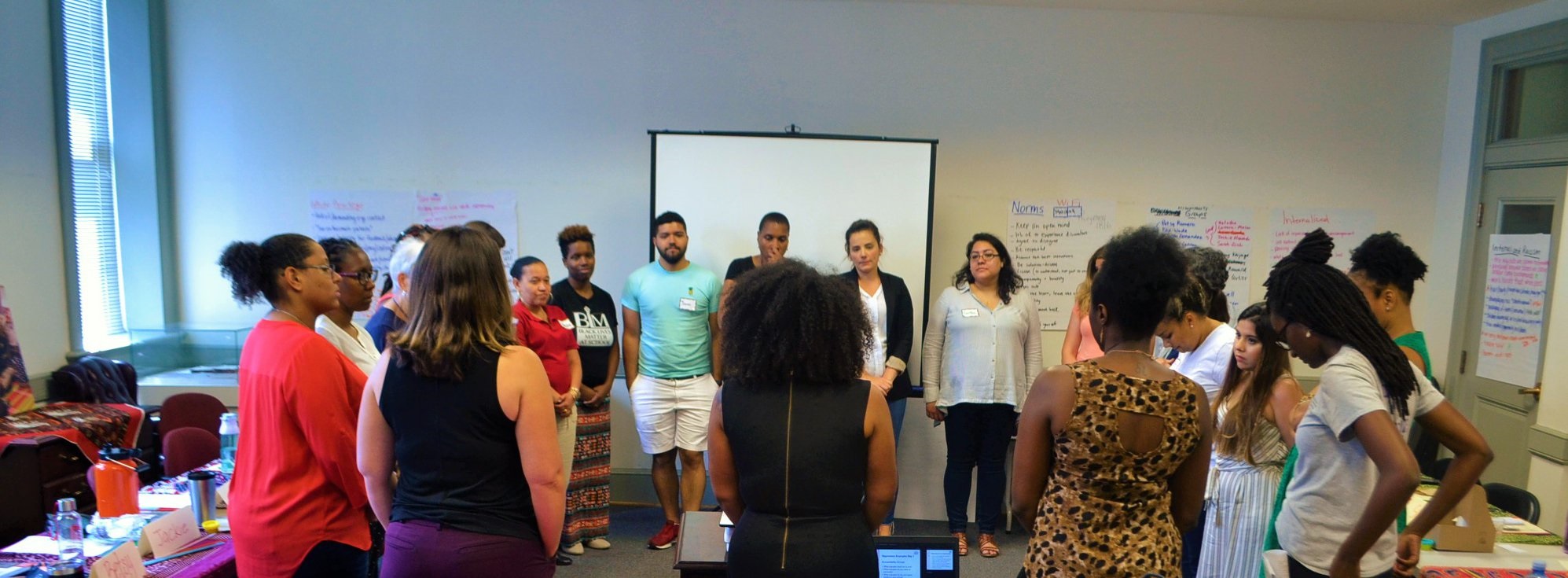Education advocates: Mayor must address the digital divide in upcoming budget proposal
/The pandemic has highlighted the need to provide equitable technology access for all students as part of a 21st-century education. While DC made some progress last year in expanding computer and internet access, the city still lacks a multi-year plan and dedicated funding source to ensure that students and families have long-term access to technology and high-speed internet.
On Jan. 11 a coalition of parents, educators and other education advocates, organized by Digital Equity in DC Education, sent a version of the letter below urging Mayor Muriel Bowser to follow through on her Empowered Learners Initiative’s commitment to provide a 1:1 student-to-device ratio and technology supports for DC Public Schools.
Dear Mayor Bowser:
As you finalize your fiscal year 2022 budget proposal, we urge you to prioritize investment in robust technology supports and infrastructure for DC Public Schools to address the digital divide that is leaving behind students, especially DC’s most vulnerable students.
The pandemic demonstrated that technology learning tools, training and supports are critical to a 21st-century education and will continue to be integral to teaching and learning both inside and outside of the classroom as we enter the recovery period. Next school year our schools will face the difficult task of helping our most vulnerable students recover from learning losses and trauma experienced during the pandemic. It is incumbent on the city and DCPS to remove education roadblocks and allow our educators and students to focus on this herculean task. To position our students for success, we ask you to commit to additional funding and planning in the four areas outlined below:
1:1 Student-Device Ratio and a Computer for Every Teacher. We urge you to complete your commitment to a 1:1 student-device ratio for DCPS and ensure that all students begin next school year with a computer that is compatible with the DCPS learning platform and applications. Like student computers, the purchase of teacher computers should be centralized, and every teacher should receive a reliable, up-to-date computer. It is unconscionable that teachers are not guaranteed basic tools to do their job.
Staffing for IT Support and Asset Management. DCPS currently funds 70 technicians who provide IT support for almost 60,000 technology users (including students, teachers, staff and administrators). This staffing ratio of one technician per 857 users is completely inadequate for day-to-day support and is significantly below industry standards. Until DCPS and the Office of the Chief Technology Officer develop and fund a robust tech support staffing plan, the burden for supporting and managing technology will continue to fall on school staff who do not have adequate training and already have full-time jobs. Users must be able to access tech support through multiple channels. The city has already demonstrated the ability to stand up an accessible support model for DC’s 311 nonemergency service line, which residents can access via mobile app, text, Twitter, phone and online chat. A similarly accessible support model would allow students, teachers and parents to rapidly submit tech requests.
Digital Literacy Skills. Basic computer skills and knowledge of online learning platforms vary widely among DCPS students, their families and school staff. DCPS’ training webinars and videos are not sufficient for families and staff who need more practical, hands-on training at various skill levels. In some cases, schools have stepped up to provide additional technical training and assistance; however, each school’s level of service is unique to its staff capacity and knowledge. This is not simply a money issue; DCPS and the DC government must design training that is informed by user needs and learning styles.
Tech Infrastructure. The DC government has yet to make adequate investment in the infrastructure of individual schools that is needed for a 21st-century learning environment.
Internet connectivity in schools. While some schools have received infrastructure upgrades to improve connectivity and reliability, others have not. Internet bandwidth issues will be exacerbated when we return to in-person learning with instruction and testing that is heavily reliant on technology.
Smartboards and other classroom technology. The supply and condition of classroom technology varies by school and is often dependent on the ability of a school to access donations, participate in pilot programs, or be at the front of the line for modernization. DCPS must create a comprehensive, funded plan to consistently maintain and update classroom technology for all schools.
Looking forward, the city must prioritize sufficient technology support and replacement funding as a part of the annual operating budget. Reliance on one-off, ad hoc investments is not a cost-effective way to support the school system’s long-term technology needs.
Universal Broadband Internet
Lastly, DC still lacks a long-term citywide solution to ensure that every DC resident has high-speed home internet to fully access educational, employment, civic and telehealth services. Given the variety of potential options for citywide internet, we ask that you commit to developing a road map (with milestones and dates) to universal broadband that would ensure adoption of high-speed, reliable home broadband service across all wards.
The asks we have outlined are consistent with DCPS’ core value of equity and also consistent with your mission to provide a fair shot to all DC residents. We urge you to consider and act on our recommendations.
Sincerely,
Digital Equity in DC Education
Co-signed by:
Ward 2 Education Council
Ward 3-Wilson Feeder Education Network
Ward 4 Education Alliance
Ward 5 Education Equity Committee
Ward 6 Public Schools Parent Organization
Ward 7 Education Council
Ward 8 Education Council
DC Education Coalition for Change (DECC)
DC Fiscal Policy Institute
EmpowerEd Teacher Council
Senior High Alliance of Parents, Principals and Educators (SHAPPE)
Serve Your City
Teaching for Change
The Village of Brookland Traditional Schools
Washington Lawyers’ Committee for Civil Rights and Urban Affairs
Washington Teachers’ Union
The coalition of 17 education advocacy groups listed above sent a version of this letter on Jan. 11 to Mayor Muriel Bowser with copies to Deputy Mayor for Education Paul Kihn and DCPS Chancellor Lewis Ferebee in support of increased planning and investment in DC Public Schools technology.
